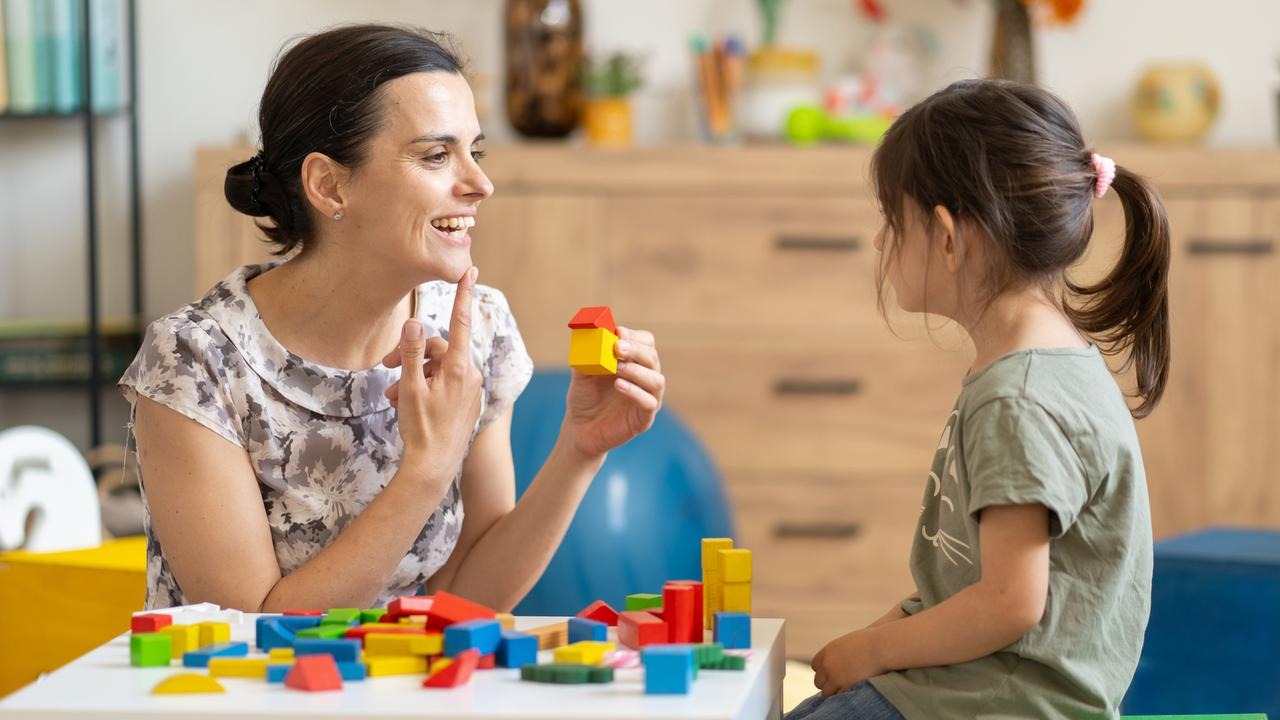Autism Spectrum Disorder (ASD) is a developmental condition that affects how a person communicates, interacts, and processes the world around them Does my child have autism. The term “spectrum” means autism can appear in many different forms and levels of severity. Some children may have difficulties with social skills, speech, and non-verbal communication, while others might show unique strengths in memory, logic, or creativity.
Autism is not an illness—it’s a different way of experiencing the world. Early understanding, support, and the right environment can make a huge difference in helping a child thrive.
Does My Child Have Autism?
Many parents begin to wonder about autism when they notice certain developmental differences in their child. Common early signs may include:
-
Limited eye contact or response to name
-
Delayed speech or language development
-
Repetitive behaviors such as hand-flapping, rocking, or lining up toys
-
Strong preferences for routines and resistance to change
-
Difficulty understanding social cues or emotions
However, autism is complex, and no single behavior confirms it. If you have concerns, it’s important to seek a professional evaluation from a pediatrician, child psychologist, or developmental specialist. Early diagnosis opens the door to early intervention—which is key to improving communication, learning, and social skills.
My Child is Diagnosed with Autism – What’s Next?
A diagnosis can feel overwhelming for parents, but it’s also a turning point toward getting the right help. Here’s what you can do next:
-
Educate yourself about autism – Understanding your child’s needs is the first step.
-
Explore therapy options – Early intervention services, speech therapy, occupational therapy, and behavioral therapy are commonly recommended.
-
Find the right school and environment – A structured, supportive, and understanding learning space helps your child grow.
-
Connect with other parents – Support groups can provide encouragement and practical advice.
ABA Therapy for Autism
Applied Behavior Analysis (ABA) therapy is one of the most widely researched and effective interventions for children with autism. It is based on the science of learning and behavior, focusing on breaking down skills into small, manageable steps and reinforcing positive behaviors.
Benefits of ABA Therapy include:
-
Improving communication skills
-
Building social interaction abilities
-
Reducing challenging behaviors
-
Increasing independence in daily life
ABA programs are tailored to each child’s needs, meaning the therapy can be adapted for toddlers, school-aged children, or even teenagers. Sessions often take place in both school and home settings, ensuring the child learns in different environments.
Autism Schools and Supportive Education
While there are autism-friendly schools in Gurgaon, the most important factor is finding an environment where your child feels safe, understood, and supported. The right school will offer:
-
Individualized learning plans
-
Trained special educators and therapists
-
A balance of academics, life skills, and therapy sessions
-
Opportunities for socialization in a supportive setting
Choosing the right school, especially one that integrates ABA therapy and special education, can help your child develop their abilities while respecting their individuality.
Final Thought
Autism does not define your child—it’s just one part of who they are. With early diagnosis, the right therapy, and a nurturing school environment, children on the spectrum can reach their fullest potential.
